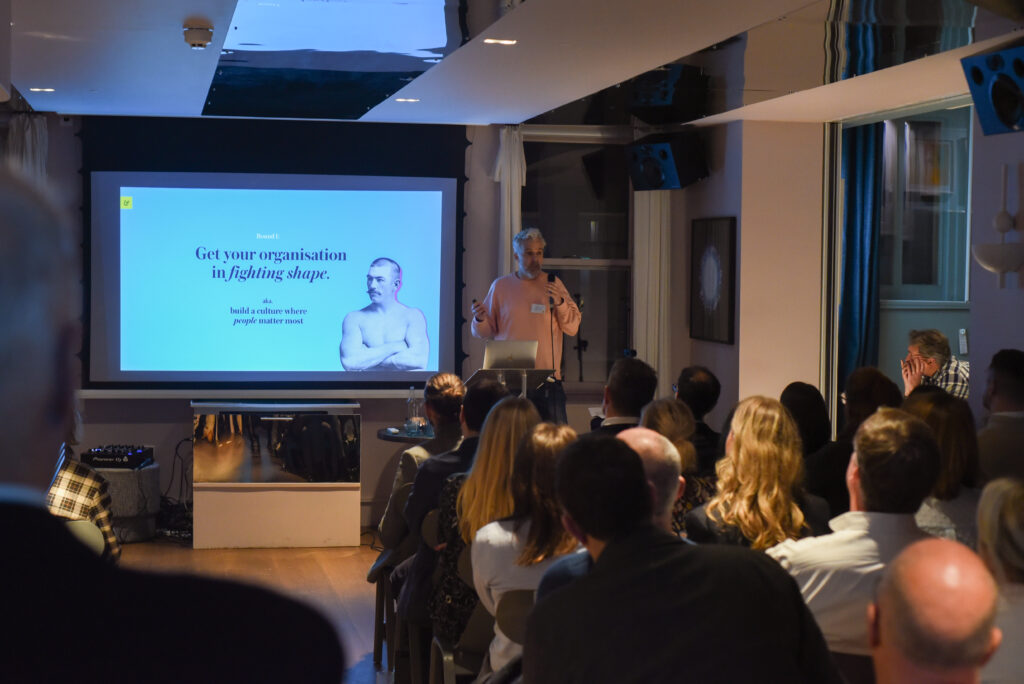There’s no doubt that the next financial year is going to be a challenging and exciting one for the industry. Companies will have to get to grips with big data and be able to interpret it properly in order to deliver a more personalised and contextual customer service across all devices, with mobile becoming one of the main factors that need addressing.
The growth of mobile is one of the biggest opportunities for the industry and will be a driving force for travel in 2015-2016. In fact, in the recent E-consultancy Quarterly Digital Intelligence Briefing, mobile was highlighted by travel companies as the most exciting opportunity for this year: https://econsultancy.com/reports/quarterly-digital-intelligence-briefing-2015-digital-trends/
E-consultancy is not the only analyst to spot the trend. There were some interesting facts and figures also emerging from Euromonitor’s recent report on mobile marketing. Not least the fact that by 2017 more than 30% of online travel bookings by value will be made on mobile devices. In part, this will be the result of online travel companies making their apps more appealing by adding location services.
According to new research about today’s connected traveller, holiday booking habits have also changed noticeably. There has been a 50% increase in mobile use across business and leisure travellers, with 30% relying purely on their mobiles to make those last minute bookings.
And this is where Mr B & Friends come in. Travel companies need to ensure their websites are properly optimised for mobile. It’s something that we talked about here on the journal just a few weeks ago.
Brands that ignore the need to facilitate easy navigation, to provide engaging content and a personalised experience, will lose potential customers. Already, an alarming 71% of mobile users who encountered a non-mobile-optimised website bounced back to their search results and moved on! If you haven’t got the optimisation right these could be your potential customers disappearing over the Google horizon.
As consumers continue to use a number of devices to research and fulfill their travel needs, companies also need to offer consumers ways to identify and continue to recognise them personally each time they access the site from their mobile, laptop or tablet, thereby creating a seamless, personalised customer experience that is conducive to purchasing.
Personalisation needs to be featured at the earliest stages of travel inspiration, search and shopping influence and accelerate purchasing decisions. Currently 74% of online consumers admit they become frustrated when content appears that has no relevance to them.
Just like in the retail industry, travel companies have a huge opportunity to use big data to personalise the shopping experience online and ‘targeting and personalisation’ was highlighted as their top digital priority for 2015. In fact, our research suggests that in just five years personalisation will have taken over as the most exciting opportunity for the industry as a whole.
Conversion rate optimisation was the second highest digital priority highlighted by the travel sector for 2015. With so many people spending a lot of money booking their travel online, businesses cannot afford to neglect the user experience, particularly when it comes to the check out and the booking process.
Successful marketing to drive visitors to your website will be in vain if visitors have a bad user experience, causing a large proportion of these visitors to leave.
Some sites are getting it right and providing what the consumer wants right now. Booking.com for example is easy to use on a mobile, allowing seamless choice depending on star rating, best price, or review score. The summary for each property shown in the search results gave us at a glance the price, distance from main town, rating, when last booked enabling us to easily see which would be of interest. More need to follow suite.
As a result article in E-consultancy pointed out “gone are the days where seeing is believing, now experiencing is believing.” We live in the age of Oculus Rift, and although nobody is using this to its fullest extent yet, the mobile augmented reality market is expected to grow to $5.1 billion by 2016. Travel companies will now have the opportunity to give consumers searching for a hotel or holiday destination on the web the ability to ‘go inside’ and take a look around.
Marriott Hotels have already been using Oculus Rift to sell honeymoon destinations. The brand has offered newly weds in America the experience of immediately travelling to Marriott honeymoon destinations such as Hawaii.
So, 2015-2016 will be an exciting and challenging one for the Travel industry. The battle for bookings will be won not only by owning big data, but in the way that companies interpret it to successfully deliver a more personalised, contextual experience for their customers across all devices.






